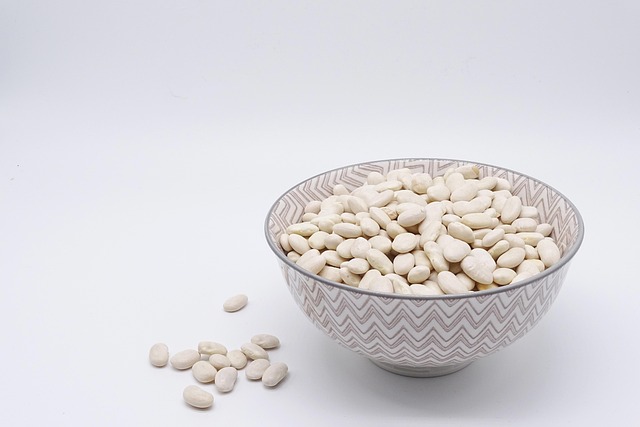Nourishing Your Body: The Vital Vitamins for a Vegetarian Lifestyle
Embracing a vegetarian lifestyle can be a rewarding journey towards a healthier, more sustainable way of living. The vibrant colors of fresh fruits and vegetables, the rich flavors of legumes, and the earthiness of whole grains often contribute to a sense of well-being and vitality. However, it’s vital to ensure that while we savor these plant-based delights, we’re not overlooking the essential vitamins our bodies crave. Here, we explore the essential vitamins that can help support your health in your vegetarian journey.
1. Vitamin B12: The Energy Booster
Often referred to as the energy vitamin,” Vitamin B12 plays a critical role in brain health, nerve function, and red blood cell production. Since this vitamin is predominantly found in animal products, it can be a concern for vegetarians. To maintain adequate levels, consider fortified foods such as plant-based milks, nutritional yeast, and cereals, or consult a healthcare professional about supplementation.
2. Iron: The Essential Mineral
Iron is crucial for transporting oxygen in the blood and keeping your energy levels up. While vegetarians can obtain iron from plant sources like lentils, chickpeas, and spinach, this non-heme iron is not absorbed as efficiently as the iron found in meat. Enhancing absorption can be as simple as pairing iron-rich foods with vitamin C sources like oranges, strawberries, or bell peppers.
3. Omega-3 Fatty Acids: The Heart Helpers
With a myriad of health benefits ranging from improved heart health to better cognitive function, Omega-3 fatty acids are essential for everyone, including those following a vegetarian diet. While most commonly found in fatty fish, vegetarians can source these beneficial fats from flaxseeds, chia seeds, walnuts, and hemp seeds. Incorporating these into your meals can boost both flavor and health.
4. Calcium: The Bone Builder
Calcium is synonymous with healthy bones and teeth, and while dairy products are a well-known source, vegetarians can find ample amounts in fortified plant-based milks, tofu, almonds, and leafy greens such as kale and broccoli. Ensuring you get enough calcium can set the foundation for long-term health.
5. Vitamin D: The Sunshine Vitamin
Vitamin D not only helps in calcium absorption but also plays a role in immune function and mood regulation. While sunlight exposure is a natural source, not all vegetarians may get adequate sunlight throughout the year, especially in certain climates. Fortified foods and supplements can help maintain optimal levels in your body.
6. Zinc: The Immunity Guardian
Zinc is vital for a strong immune system, aiding in everything from wound healing to DNA synthesis. Vegetarians can find zinc in beans, seeds, nuts, and whole grains. Considering including a variety of these foods in your diet to bolster your immune response and overall health.
Adopting a vegetarian lifestyle is about more than just food choices; it’s about nourishing your body and embracing a holistic approach to health. By understanding the vitamins and minerals essential to your well-being and incorporating them into your nutritious meals, you can thrive on your vegetarian journey. Remember, every meal is an opportunity to celebrate the rich flavors of plant-based living while ensuring your body gets the nutrients it needs.




